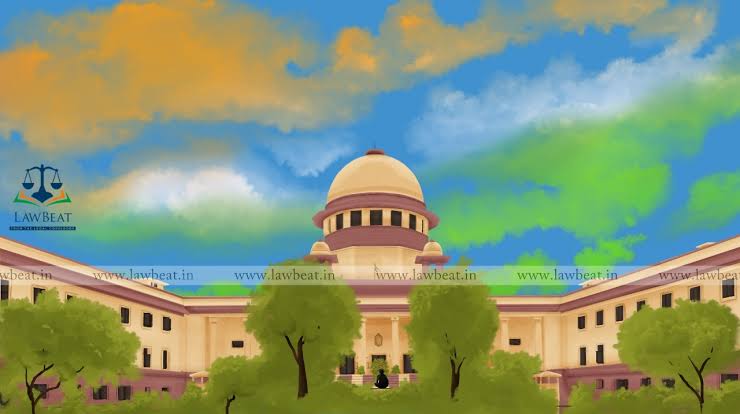Insurer Is Not Barred From Invoking Exclusion Clause under S.185 of Motor Vehicles Act In Absence Of Blood Test : Supreme Court

The Supreme Court Full Judge Bench comprising Justice UU Lalit, Justice Indira Banerjee & Justice KM Joseph ruled that the requirement u/s 185 of the Motor Vehicles Act is not to be conflated to what constitutes driving under the influence of alcohol under the policy of insurance in an Own Damage Claim. Such a claim must be considered on the basis of the nature of the accident, evidence as to drinking before or during the travel, the impact on the driver and the very case set up by the parties.
The other aspect is regards the manner in which the accident itself occurred. In this regard, it is clear that in any such case, this is an important circumstance, which may establish that the driver was under the influence of alcohol. Driving, while under the influence of alcohol, is to be understood as driving when, on account of consumption of alcohol, either before commencement of driving or during the driving and before the accident, when consumption of alcohol by the driver would affect (influence) his faculties and his driving skills.
The respondent has no case that the accident occurred as a result of a sudden event which took place, which necessitated the car being driven into the footpath. There is material under the Consumer Protection Act, in the form of the FIR. The Police Officer, who has lodged the information, has specifically stated that the car was being driven in a very fast manner.
The driver, in his chief examination, has not given any explanation, whatsoever, for the happening of the accident. He does not have a case that there was any breakdown in the car or of the brakes. The driver has pleaded guilty and stands convicted u/s 279 of the IPC, which penalizes rash or negligent driving.
The Apex Court stated that a person, who is not under the influence of alcohol, can be rash and negligent. But a person, who is under the influence of alcohol, can also be rash and negligent. On the other hand, being under the influence of alcohol, aggravates the possibility of rash and negligent driving as it can be the proximate cause. The car was driven by the driver aged about 27. Both, he and his companion had, indeed, consumed alcohol. The accident took place when the road would have been wholly free from any traffic.
The Top Court took judicial notice of the fact that the roads in the Capital City, particularly in the area, where the accident occurred, are sufficiently wide and the vehicle dashing against the footpath and turning turtle and catching fire, by itself, does point to, along with the fact that the alcohol which was consumed manifests contemporaneously in the breath of the driver, to conclude that alcohol did play the role, which, unfortunately, it is capable of producing.
The Court thus concludes that in the MLC, in regard to the driver, the Report, inter alia, indicates that smell of alcohol. Also, the smell of alcohol has been discerned by a Medical Practitioner. Though the case was set up by the respondent that the driver had not consumed alcohol, the driver, in his Affidavit evidence, has not even stated that he has not consumed alcohol, as was the specific case set up in the complaint. On the other hand, the alternate case, which was set up that he was not under the influence of alcohol, alone was deposed to. This is even though the respondent had reiterated in the Rejoinder Affidavit that the driver of the vehicle had not consumed alcohol or any other intoxicating drink/drug.
Even the NCDRC has proceeded on the basis that the driver had consumed some alcohol. Therefore, the conclusion is inevitable that the appellant has established that the driver had consumed alcohol and was driving the vehicle, when the accident took place. However, there is no evidence as to the quantity of alcohol consumed. It is also true that there is no evidence other than the smell of alcohol being detected on both the driver and the co-passenger, of any other effects of consumption of alcohol.
Case Title: IFFCO Tokio General Insurance Company Ltd v. Pearl Beverages Ltd
